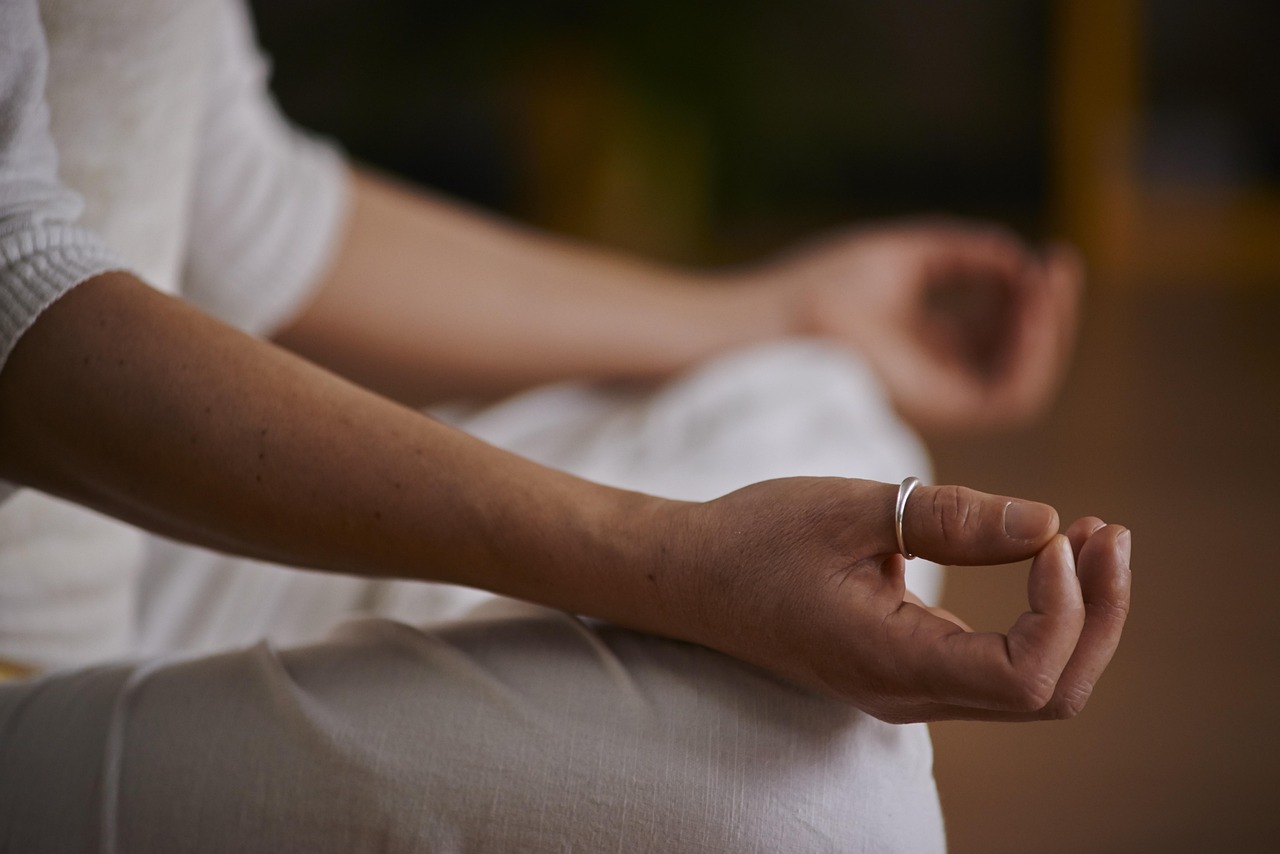n a world full of distractions, stress, and nonstop activity, many people are turning to mindfulness and meditation as tools for better health. Far from being just trendy buzzwords, these ancient practices are backed by science and offer numerous physical, mental, and emotional benefits.
Whether you’re dealing with anxiety, chronic pain, poor sleep, or just a busy mind, mindfulness and meditation can help bring balance and clarity to your life—no special equipment or experience required.
What Is Mindfulness?
Mindfulness is the practice of paying attention to the present moment—on purpose, and without judgment. It involves becoming aware of your thoughts, feelings, bodily sensations, and surroundings as they are, rather than how you wish they were.
Meditation is one of the most common techniques used to cultivate mindfulness. It typically involves focusing the mind on the breath, a mantra, or bodily sensations, and gently bringing it back when it wanders.
Proven Health Benefits
- Reduces Stress
One of the most well-documented benefits of meditation is its ability to lower stress. Regular mindfulness practice reduces cortisol (the stress hormone), helping people feel calmer and more in control. - Improves Mental Health
Mindfulness-based therapies have been shown to be effective for conditions such as:- Anxiety
- Depression
- PTSD
- Eating disorders
Practicing mindfulness helps individuals become more aware of negative thought patterns and respond more calmly rather than react impulsively.
- Enhances Focus and Concentration
Studies show that mindfulness improves attention span, memory, and decision-making. Meditation helps train the brain to avoid distractions and stay on task—a valuable skill in today’s fast-paced digital world. - Promotes Emotional Well-Being
Mindfulness encourages self-compassion, gratitude, and emotional regulation. People who meditate regularly often report greater life satisfaction and a more positive outlook. - Supports Better Sleep
Mindfulness helps quiet the racing mind and reduce nighttime anxiety, making it easier to fall asleep and stay asleep. It can be especially helpful for people suffering from insomnia. - Reduces Physical Pain
Mindfulness meditation has been shown to help people manage chronic pain. While it may not eliminate pain, it changes how pain is perceived, making it more manageable without over-relying on medication. - Lowers Blood Pressure and Improves Heart Health
Regular meditation may improve circulation, reduce heart rate, and lower blood pressure—all of which contribute to better cardiovascular health.

How to Get Started
You don’t need hours of quiet or a special setting to begin. Just 5–10 minutes a day can make a difference. Here are a few simple ways to start:
- Breath Awareness: Sit quietly and focus on your breath as it moves in and out.
- Body Scan: Gently bring your attention to different parts of your body, noting any sensations.
- Guided Meditation: Use free apps like Headspace, Calm, or Insight Timer.
- Mindful Walking or Eating: Bring awareness to ordinary activities by slowing down and focusing on the experience.
The key is consistency, not perfection. If your mind wanders—that’s normal. Just gently bring it back without judgment.
Conclusion
Mindfulness and meditation are powerful tools for modern living. They help calm the mind, strengthen emotional resilience, and support physical health—all while requiring nothing more than your attention and a few minutes of your day. With regular practice, you can reduce stress, improve mental clarity, and create a greater sense of peace and presence in your everyday life.
